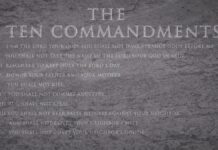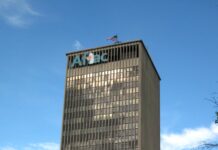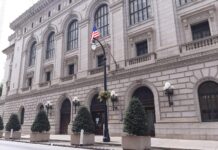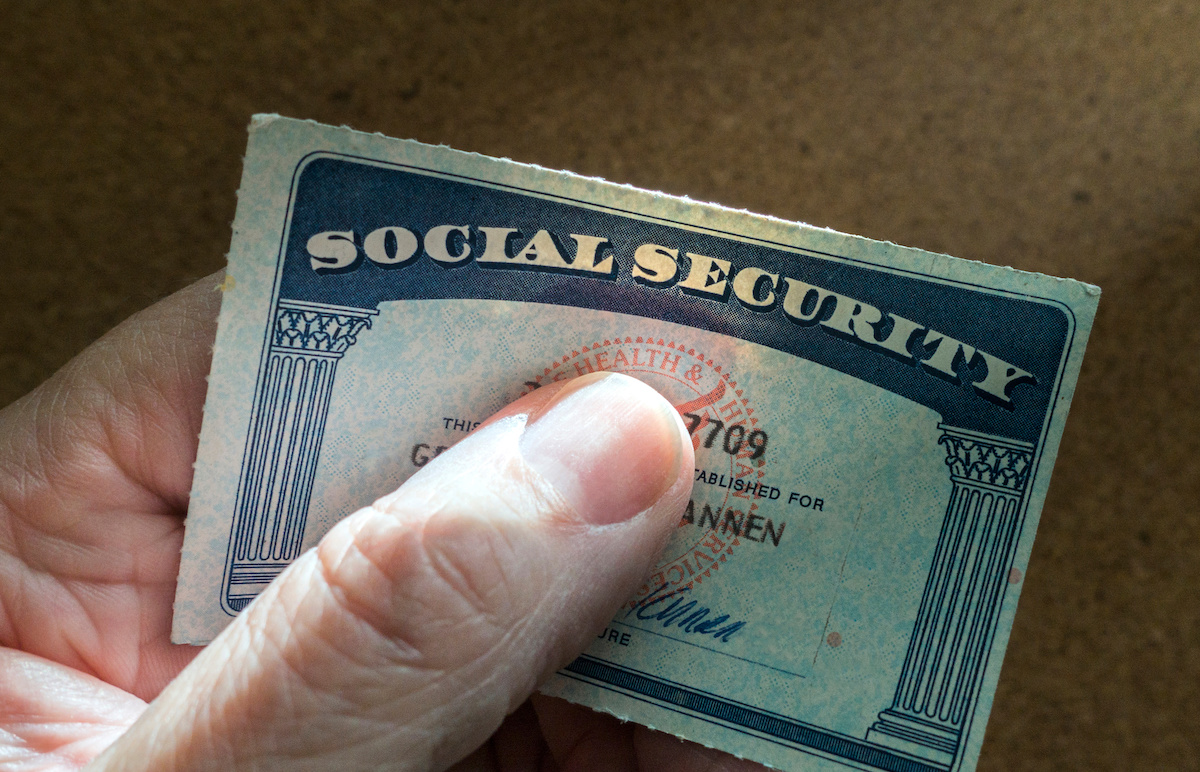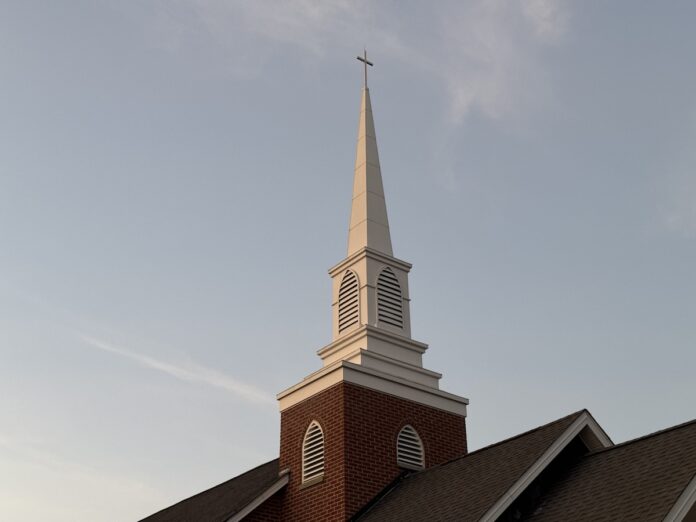
WASHINGTON (States Newsroom) — More than two dozen faith groups Tuesday filed a lawsuit in federal court against the Trump administration’s decision to rescind a 30-year-old policy that restricted immigration enforcement in so-called sensitive locations such as places of worship.
The 27 groups are all rooted in the Christian and Jewish faiths and argue the policy violates their rights under the First Amendment and Religious Freedom Restoration Act.
“Welcoming the stranger, or immigrant, is thus a central precept of their faith practices,” according to the complaint.
The groups also argue that the U.S. Department of Homeland Security did not follow proper federal rulemaking procedures — under the Administrative Procedure Act — in revoking the policy. The Department of Justice did not respond to States Newsroom’s request for comment.
The Institute for Constitutional Advocacy and Protection at Georgetown Law is urging the U.S. District Court for the District of Columbia that an injunction on immigration enforcement at places of worship should be applied to the 27 religious groups.
The sensitive locations memo, which the Trump administration revoked in President Donald Trump’s first week in office, also applied to hospitals, schools, funerals, and more places, but the suit is only challenging the revocation of the policy at places of worship.
“It’s possible (an injunction) would have implications for religious schools or religious hospitals, but they would not have implications for non-religious, sensitive locations,” said Kelsi Corkran, who is the lead attorney in the suit.
Corkran said the suit’s challenge to the administration’s action on the grounds of a violation of the Administrative Procedure Act could go further.
“If we were to prevail on that, I think that would apply across the board; the rescission would be vacated,” she said.
She added that even if the injunction is only granted to the 27 plaintiffs in the case, “it would set (a) very important precedent that other denominations and religious organizations could rely on to assert their own (Religious Freedom Restoration Act) and First Amendment rights.”
There is a separate suit from Quaker congregations that also challenges the Trump administration’s decision to rescind the sensitive locations memo. A hearing before a federal judge in Maryland is set for Wednesday.
The 27 plaintiffs in the suit filed Tuesday include: Mennonite Church USA in Indiana; the African Methodist Episcopal Zion Church in North Carolina; Central Atlantic Conference United Church of Christ in Maryland; the Central Conference of American Rabbis in New York; Christian Church (Disciples of Christ) in Indiana; Church of the Brethren in Illinois; Convención Bautista Hispana de Texas; the Episcopal Church in New York; Fellowship Southwest in Texas; Friends General Conference of Pennsylvania; Presbyterian Church (USA) in Kentucky; General Commission on Religion and Race of the United Methodist Church in Washington, D.C.; Latino Christian National Network in Texas; Massachusetts Council of Churches; the New York Annual Conference of the United Methodist Church; New York State Council of Churches; North Carolina Council of Churches; the North Georgia Conference of the United Methodist Church; the Rabbinical Assembly in New York; Reconstructing Judaism in Pennsylvania; Rhode Island State Council of Churches; Union for Reform Judaism in New York; Unitarian Universalist Association in Massachusetts; the United Synagogue of Conservative Judaism in New York; the Western North Carolina Conference of the United Methodist Church; Wisconsin Council of Churches; and WISDOM of Wisconsin.


